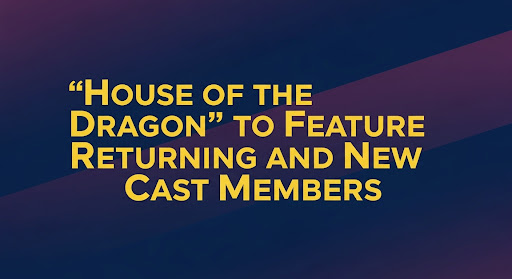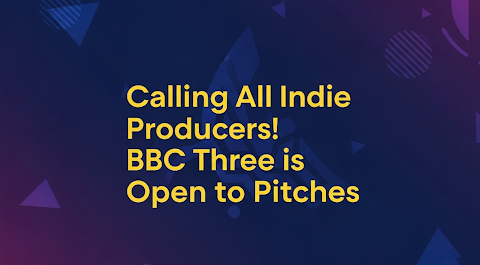In Asif Kapadia’s latest documentary, “2073,” Ivanka Trump marks her 30th year as the head of a dystopian fascist police state that was once known as America. This docudrama combines interviews with journalists and archival news footage with a fictional narrative featuring Samantha Morton, presenting a chilling vision of the future that feels alarmingly close.
The film draws inspiration from Chris Marker’s 1962 short film “La Jetée,” which tells the story of a time traveler who risks everything to alter history and secure humanity’s future. “2073” follows Morton as a survivor of a near-future global disaster triggered by AI, climate change, authoritarianism, and pervasive surveillance, set in a nightmarish America ruled by a fascist regime.
“I considered what genres attract cinema-goers,” Kapadia explains. “People love horror films, so I decided to create a horror film.”
The documentary features prominent figures such as the Trump family, the Murdoch family, Vladimir Putin, Benjamin Netanyahu, Xi Jinping, Mohammed Bin Salman, Narendra Modi, the Koch brothers, Elon Musk, Mark Zuckerberg, Jeff Bezos, and Peter Thiel. It compiles historical footage from around 60 countries, including harrowing clips from Gaza in its opening sequence to depict a catastrophic reality.
“This film emerged from my instincts and a sense of the global situation,” Kapadia states. “The most frightening elements in the film are factual. The most shocking statements come from real individuals currently in power in this country.”
Supported by Neon, Double Agent, and Film4, “2073” premiered at the Venice Film Festival in September and is set for theatrical release on December 27.
Kapadia, who won the Best Feature Documentary Oscar in 2016 for “Amy,” discussed “2073” with Variety prior to its release.
On the Inclusion of the Trump Family
Members of the Trump family are featured in the film, which was produced before the 2024 presidential election. If Donald Trump had not won the election, would you have removed the Trump references?
Most of the film’s U.S. financiers and executives suggested, “Why include Trump? Remove him.” He was considered old news when I started the project. However, the film serves as a time capsule of the present. Even if Trump hadn’t been reelected, his presidency occurred. Thus, I refused to eliminate any references to Trump. The scene where Ivanka Trump celebrates her 30th year in power is included because I believe the concept of a two-term American presidency may not last indefinitely.
Attracting a Broader Audience
Did you create “2073” as a sci-fi horror documentary to draw in audiences who might not typically watch documentaries?
Absolutely. With all my films, especially documentaries like “Senna” and “Amy,” I aim to transcend the traditional documentary format. I want my films to be cinematic experiences meant for the big screen, encouraging viewers to engage fully without distractions. My goal is to make each film as visually compelling as possible, ensuring they compete with all other films in theaters.
Encouraging Change
Is the intention for audiences to watch “2073” and feel compelled to enact change?
If people feel comfortable, nothing will change. Change arises from fear, concern, and the realization that action is necessary. Some may think, “This isn’t my issue; I’m fine.” The film’s purpose is to shock and provoke audiences into taking action.
Recommended Actions
What actions would you suggest?
The film discusses past life and our current trajectory, illustrating how we are like a frog in boiling water—slowly heating up in terms of climate, democracy, journalism, and technology. We must begin to take action. If you’re unsure where to start, the film serves as a tribute to journalism. I encourage viewers to research the journalists featured, read their works, and understand their perspectives, as they can provide valuable insights and solutions.
Choosing a Hybrid Format
You began as a narrative filmmaker. Why opt for a hybrid documentary format for “2073”?
Because I would still be receiving notes on the screenplay, and everything would become outdated. Fiction requires a lengthy process of development and casting, which can take years. I wanted to create a film that reflects current events as they unfold. This film is timely, and that’s why I shifted my focus from fiction, which often feels conservative and slow-moving. Working in nonfiction allows me to follow my instincts with a smaller budget, crew, and fewer executives involved.
Surprise at Distribution Choices
Were you surprised that Neon took on this film, given the current documentary market?
Many distributors shy away from political content, fearing backlash from world leaders that could impact their services. I was fortunate to have a supportive team that believed in my vision for “2073” to be a theatrical release.
Person
Asif Kapadia, Ivanka Trump, Samatha Morton, Chris Marker, Vladimir Putin, Benjamin Netanyahu, Xi Jinping, Mohammed Bin Salman, Narendra Modi, Elon Musk, Mark Zuckerberg, Jeff Bezos, Peter Thiel, Donald Trump
Company Names
Neon, Double Agent, Film4
Titles
2073, La Jetée, Amy, Senna
Disclaimer: This article has been auto-generated from a syndicated RSS feed and has not been edited by Vitrina staff. It is provided solely for informational purposes on a non-commercial basis.
































